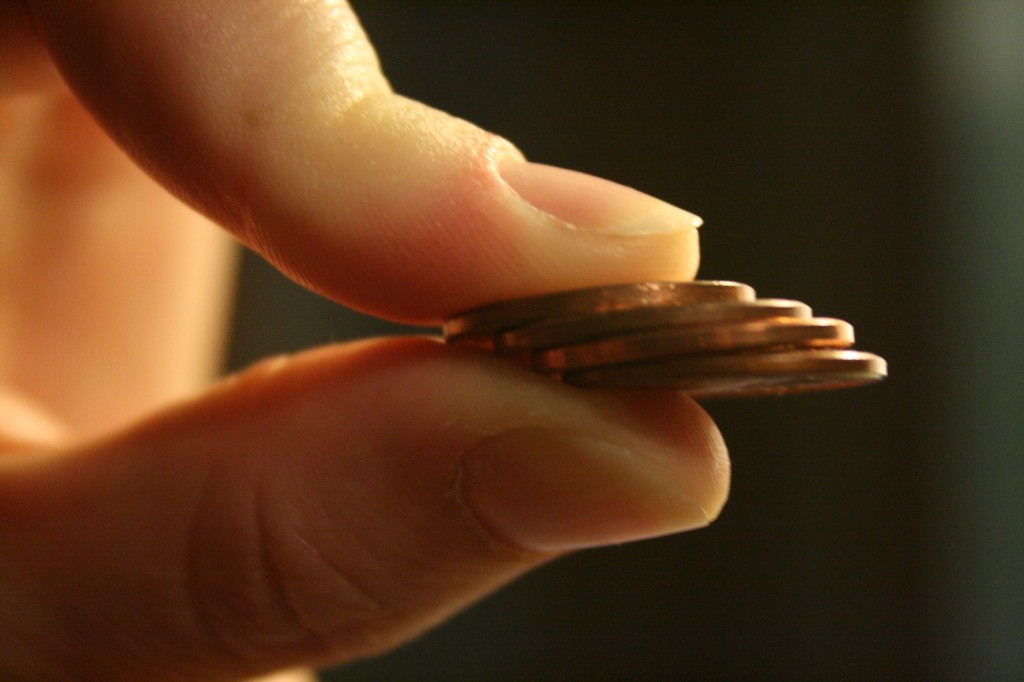(To this, specifically.)
Dear CYC,
I just read your “article” and boy I am steamed.
I am more steamed than the steam that powers my at-home micro-generator (Hey, thanks for asking! Did you know that a tea kettle, a steel hamster wheel and a small magnet can generate enough power to recharge a AA battery in only 7 days? So long, Big Electric!)
Back to the topic – I cannot believe what a waste that article was. I don’t mind the hour that I spent disecting it – as we know, time has no value – but after a few more hours crunching the numbers, I realized that you cost me $0.0012 of electricity for my computer monitor. Thankfully that is much less than most people would pay (Hey, thanks for asking! Did you know that if you set your monitor’s brightness to its lowest level, then light a few homemade candles, you can nearly make out the words – while saving almost $0.00001 per hour? So long, Big Computer!)
Even so, $0.0012 is no trifling matter and I demand reimbursement. I’m sending you a self-addressed stamped envelope and I expect a speedy response. Or less than speedy. Either way, really – after all, you can’t put a time value on money.
I know you may be tempted to ignore this message, but that would be unwise. Unfortunately this isn’t the first time someone of lesser status (and by that, I mean someone with fewer page hits) decided to attack me. So, I have my own lawyer, who I got for the low cost of $9/hour (Hey, thanks for asking! It turns out that if anyone knows how to negotiate for small change, it is that guy who lives between the 1-train grate and the 9th street dumpster. Even better – like most of the homeless folks in this city, he has a law degree from a “boutique” law school! So long, Big Law!). He’s already spent 28 hours on this case, so he is more than ready to take you to court unless I see that $0.0012 pronto!
OK, with that ranty-rant of my chest, I’m a bit more calm. But, I still think you need to learn a lesson. So, let’s turn the tables and see how you like a little razor-sharp satire:
Hi! I’m Control Your Cash. I talk about my fancy dinners paid for by the poor renters of my many properties. And I waste money on things like driving and showers that last more than 90 seconds. Plus I just buy gas wherever I feel like it, even if the station across town is .099¢ cheaper. I think people should buy things like rental properties and stocks and “assets” – which are really expensive, by the way – instead of safely stashing money in their hand-carved piggy banks. I wouldn’t know how to make my own toothpaste if my life depended on it, and I’ve never even HEARD of fecal reclamation. Yet I try to tell people how to handle their money. Funny, huh?
Worst of all, I am mean. Just plain mean. For example, I never, ever encourage people’s dreams of being the first in their family to obtain 7 degrees, or of completing the liberal art trifecta (English major, master of art history, and an unplanned pregnancy). And I make fun of those who pay down their smallest, lowest-interest loan first even though SCIENCE has proven that a debt snowball is the best way to make someone feel better about themselves.
And I just wrote an entire article mocking plus-sized people just because they like a little candy and pizza with their workout. And I wasn’t mocking them for buying corporate candy instead of making their own from tree sap and orange juice – that would actually make sense. No, I was mocking them for trying to get into shape while having a little fun and a lot of burritos. That is a judgment. And people don’t want to hear judgments or opinions on blogs – they want recipes for homemade bubble gum (Hey, thanks for asking! Did you know that the easiest way to make your own bubble gum is to boil 15 pieces of used bubble gum along with a dash of glue for 10 minutes? I didn’t know that because I’m not Trent, so can’t say So Long, Big Bubble!). Telling plus-sized people that they won’t get in shape by drinking a Frappuccino while watching other people exercise hurts their feelings.
But I don’t care about that, because I have no feelings. Which is a shame, because that is what money is all about – feelings. But I wouldn’t know that, because I’m not Trent. I am CYC.
See, it doesn’t feel so good, does it?
Unless you want more of that, perhaps you should go pick on someone in your own league, like that uppity lady at AffordAnything.com. I have better things to do than keep talking to you.
Now, if you’ll excuse me, I’m going to go hand pick the grass on my front lawn (Hey, glad you asked! Did you know that a gas-powered motor costs almost $0.30 per mowing? Even a goat costs almost $0.15, and the composting benefit they provide is worth at most $0.05. Meanwhile, I can do the job for free while getting the same $0.05 composting benefit. So long, Big John Deere!)
Toodles,
Trent
(Note: Guest contributor Pseudo-Trent is an international vice president with a famous multinational firm who has way too much time on his hands. Follow him on Twitter @DubaiAtNight.)





